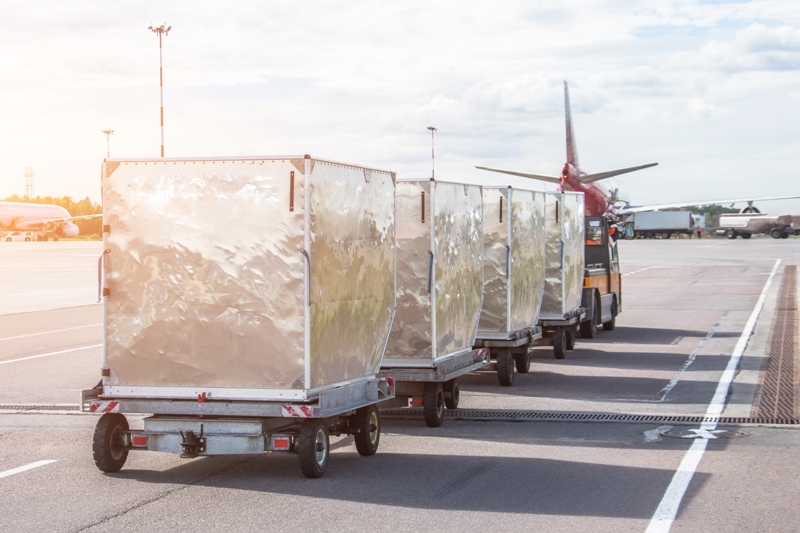Tiaca positive for air cargo in 2023 despite tough outlook
27 / 12 / 2022
By Damian Brett

Image source: Shutterstock
Air cargo association Tiaca is predicting another tough 12 months for air cargo demand, but has also outlined positives for the industry.
In its latest newsletter, the association said that high inflation, high interest rates, high energy costs and concern over job security have compounded to create an air of defensive consumer spending, which is in turn affecting the air cargo industry.
“However, the current situation is temporary and we can hope that later in 2023 central banks will start reducing interest rates when inflation is considered to be under control,” Tiaca said.
“Although before things improve, we can expect a further slowdown as energy costs are expected to remain high through winter 2022, particularly in Europe.
“But structurally the industry is in a good place and towards the second half of 2023 we could see demand picking up compared to this year.”
The association added that current retail inventory levels are high but when consumer spending resumes this should come down.
Meanwhile, the relaxation of Covid of the zero covid policy in China should help production levels improve in the country.
Elswhere, the air cargo industry continues to innovate.
“There are many positive things which we can focus on such as innovation, which since early 2020 has been phenomenal, from process innovation to technical innovation to people and skills innovation,” Tiaca said.
“We have seen significant improvements in all areas of activity but we must ask the question: how can we ensure the pace of innovation continues beyond Covid?
“One area that we hope will show improvement in 2023 is in the regulatory environment as air cargo needs a much more flexible regime to be in place so operators can deploy their equipment where the demand is needed. ”
The association said that it is working with the Global Express Association (GEA) through the ICAO mechanism to try and establish a greater understanding at a regulatory level of this need for flexible and open air cargo agreements.
“In summary, national economics will still be the major influence during the first half of 2023, with customer spending hopefully picking up as the year progresses,” Tiaca said.
“We can expect further capacity increases as freighter conversions and production deliveries look very buoyant for the next few years.
“We can also see the continuing return of passenger operations bringing further belly capacity back to the market.
“E-commerce demand will continue to be a source of growth but overall we anticipate a slight reduction in volumes when compared to 2022 with downward pressure on yields based on returning capacity and slower demand.”














